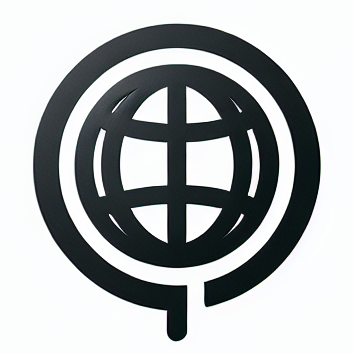In an ever-shifting political landscape, the situation between Iran and the United States seems to be more unpredictable than ever. With President Trump’s recent mission at the NATO summit in the Netherlands, the stakes are especially high as he faces criticism and potential pathways for diplomatic interactions that could reshape relations. Kaitlan Collins of CNN has been on the frontline, detailing not just the events but the swirling opinions surrounding U.S. strategies toward Iran’s nuclear ambitions and broader Middle Eastern policies.
Recent Developments in Iran-US Relations
The political landscape surrounding the Iran-U.S. situation has been fluctuating significantly, particularly over the last week. As President Trump navigated from his White House duties to the international stage at the NATO summit in the Netherlands, tensions flared and subsided like the waves of an unpredictable ocean. CNN’s Kaitlan Collins has been closely following this turbulent ride, unpacking the implications of Trump’s diplomatic manoeuvres and the ongoing complexities with Iran.
Secret Diplomatic Efforts to Revive Iran Talks
Reports have indicated that secret diplomatic efforts are underway to rekindle negotiations with Iran. This could potentially lead to a thawing in relations, something many analysts deem long overdue given the escalating tensions from previous administrations. The stakes are incredibly high; any misstep could ignite a situation that is already on a knife’s edge, therefore, maintaining strategic communication is essential for both parties involved.
Critics Question Trump’s Approach to Iran
Not everyone agrees with Trump’s approach, especially in light of his assertive stance against Iran’s nuclear capabilities. Critics, including seasoned journalists like Jake Tapper, have voiced concerns about the impacts of his bombastic rhetoric. The assessments made on the U.S. strikes against Iran have also come under scrutiny, raising questions about the administration’s media handling and public communication. In this atmosphere of contention, perspectives vary widely, leading to heated debates among politicians and commentators alike.
Domestic Political Reactions to Foreign Policy
Amidst these growing tensions, the domestic political discourse is raging as well. Senator Lisa Murkowski stands as a rare Republican voice willing to openly criticise Trump, indicating shifts in party unity as many grapple with the implications of his foreign policy decisions. Furthermore, left-leaning figures are sharply questioning the underlying motives behind the strikes on Iran, exemplified by Joy Reid’s comments on the moral justifications presented by the Trump administration. This contrasts starkly with unfaltering support from his core base, making the political waters even murkier.
Looking Ahead: The Future of Iran-US Relations
In conclusion, as the dust settles from this week of political drama, the world watches in anticipation. President Trump’s actions at the NATO summit could potentially redefine the U.S.’s position in global politics, especially with sensitive subjects like Iran still boiling under the surface. As various factions within the U.S. government and media react to these developments, one thing is clear: the future of Iran-U.S. relations remains as unpredictable as ever, with each passing day bringing new challenges and potentially explosive consequences.
What recent events have affected Iran-U.S. relations?
The Iran-U.S. situation has been dynamic, especially with Trump’s recent actions at the NATO summit.
Why are people critical of Trump’s approach to Iran?
Critics are concerned about the potential for increased tensions and how Trump’s strategies might backfire.
What could happen next in Iran-U.S. relations?
There is no certainty; the outcome depends on diplomatic negotiations and international reactions.
Can Trump’s NATO summit meeting impact future foreign policy?
Yes, Trump’s actions could reshape the U.S.’s standing on the global stage in regard to Middle Eastern policies.
How is the U.S. political landscape responding to Trump’s Iran policy?
Domestic reactions include both support and criticism from various political factions, which could influence future decisions.




